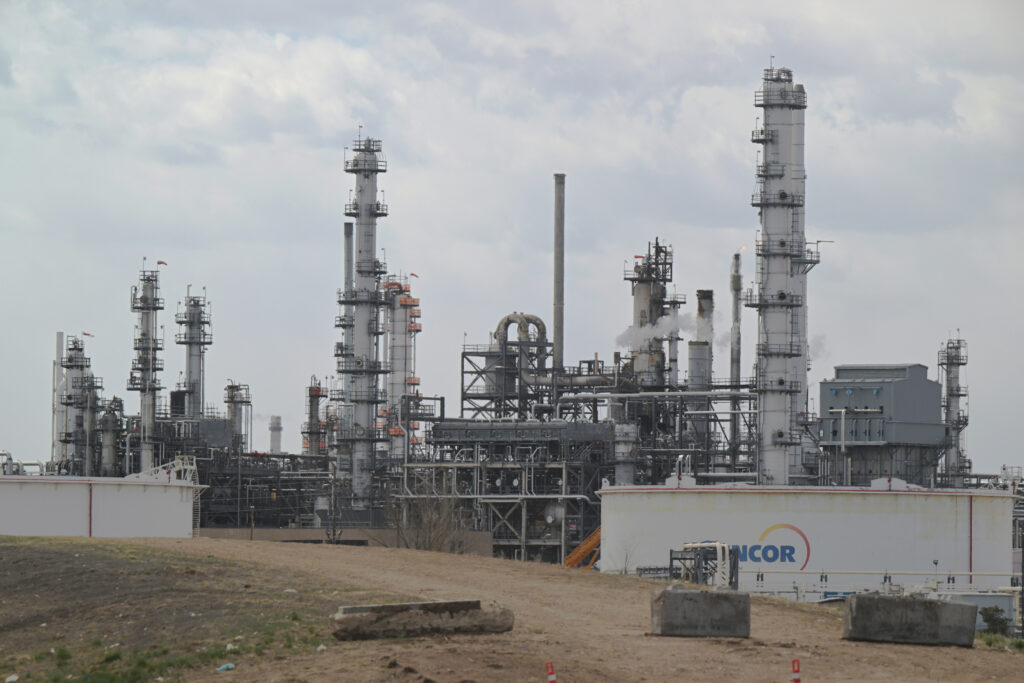New evidence from NASA’s Curiosity rover seems to show that Mars possessed a carbon cycle in ancient times, a mechanism that on Earth has been central to the presence and maintenance of life.
The findings bring scientists a step closer to determining whether the Red Planet was ever capable of supporting life. Looking ahead, they also might contribute to efforts to understand mineralisation, relevant to finding ways to sequester CO2 on Earth.
The discovery emerged from work being undertaken to understand climate transitions and habitability on ancient Mars as Curiosity explores Gale Crater. Lead author Dr Ben Tutolo of the Department of Earth, Energy and Environment at the University of Calgary is a participating scientist on the NASA Mars Science Laboratory Curiosity Rover team.
The paper, published this week in the journal Science, reveals that data from three of Curiosity’s drill sites had siderite, an iron carbonate material, within sulphate-rich layers of Mount Sharp in Gale Crater.
“The discovery of large carbon deposits in Gale Crater represents both a surprising and important breakthrough in our understanding of the geologic and atmospheric evolution of Mars,” said Tutolo.
Reaching the strata, he says, was a long-term goal of the Mars Science Laboratory mission.
“The abundance of highly soluble salts in these rocks and similar deposits mapped over much of Mars has been used as evidence of the ‘great drying” of Mars during its dramatic shift from a warm and wet early Mars to its current, cold and dry state,” says Tutolo.
Sedimentary carbonate has long been predicted to have formed under the CO2-rich ancient Martian atmosphere, but Tutolo says identifications had previously been sparse.
NASA’s Curiosity rover landed on Mars on August 5, 2012, and has travelled more than 34 kilometres on the Martian surface.

The discovery of carbonate suggests that the atmosphere contained enough carbon dioxide to support liquid water existing on the planet’s surface. As the atmosphere thinned, the carbon dioxide transformed into rock form.
It has long been entertained as a possibility, that Mars had a carbon cycle in its early history, although all volcanic activity ceased over 3 billion years ago, and the planet subsequently cooled as CO2 escaped from the atmosphere.
NASA says future missions and analysis of other sulphate-rich areas on Mars could confirm the findings and help to better understand the planet’s early history and how it transformed as its atmosphere was lost.
Tutolo says scientists are ultimately trying to determine whether Mars was ever capable of supporting life – and the latest paper brings them closer to an answer.
“It tells us that the planet was habitable and that the models for habitability are correct,” he says.
“The broader implications are the planet was habitable up until this time, but then, as the CO2 that had been warming the planet started to precipitate as siderite, it likely impacted Mars’ ability to stay warm.
“The question looking forward is how much of this CO2 from the atmosphere was actually sequestered? Was that potentially a reason we began to lose habitability?”
The latest research, he says, fits with his ongoing work on Earth – trying to turn anthropogenic CO2 into carbonates as a climate change solution.
“Learning about the mechanisms of making these minerals on Mars helps us to better understand how we can do it here,” he says. “Studying the collapse of Mars’ warm and wet early days also tells us that habitability is a very fragile thing.”
Tutolo says it’s clear that small changes in atmospheric CO2 can lead to huge changes in the ability of the planet to harbour life.
“The most remarkable thing about Earth is that it’s habitable and it has been for at least four billion years,” he adds. “Something happened to Mars that didn’t happen to Earth.”
















